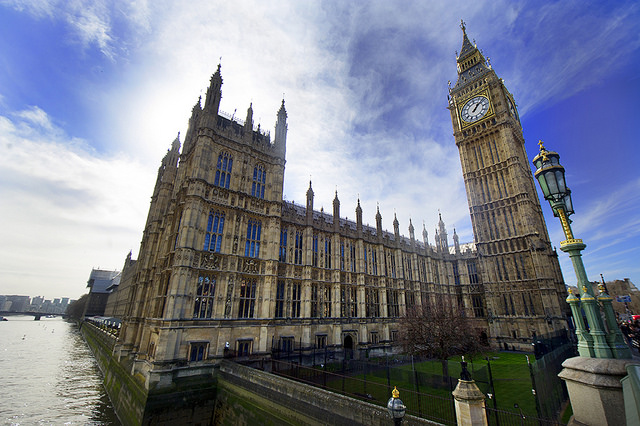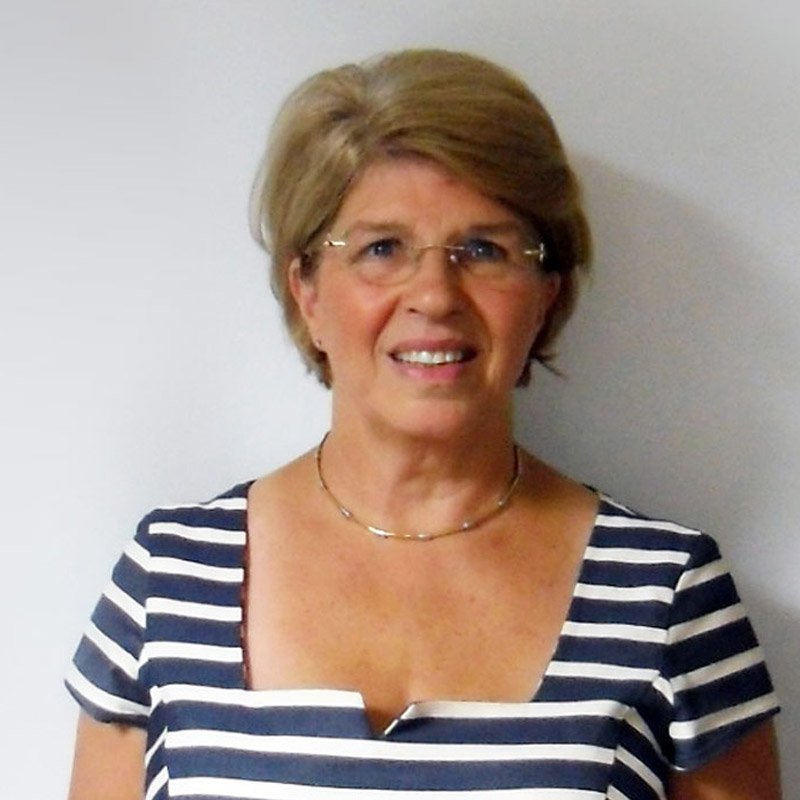Charities unite to oppose NICE rare disease rules

Nearly 200 rare disease patient groups have come together to call on NICE and NHS England to reconsider plans for a new cost-effectiveness threshold for rare disease drugs.
Campaigners say the new rules will drastically reduce access to new medicines for rare diseases in England - which they say will make a bad situation even worse.
Rare Disease UK and Genetic Alliance UK are leading the coalition, and have called for a pause in the implementation of the plans, and for a consultation and impact assessment of the proposals.
MPs from the All Party Parliamentary Group on Rare, Genetic and Undiagnosed Conditions will meet today to discuss the new proposals, set to come into operation from early April - just a few days' time - at a specially convened debate in Parliament.
The plans will see NICE assess new drugs as before – but with drug costing more than £20 million in any of the three years after launch triggering a 'budget impact test'. This means manufacturers must go back to NHS England and negotiate again on price.
This new cost-control measure has angered the pharma industry, which could even mount a legal challenge to the test.
Feelings are equally enflamed among rare disease campaigners, as this rule and a new Quality Adjusted Life Year (QALY) threshold now applies to rare disease drugs.
For ultra-rare diseases, a basic threshold of £100,000 per QALY will be introduced for most medicines, unless they greatly extend lives.
The threshold is weighted according to how many extra years of life a drug can bring, up to £300,000 per QALY if a drug or treatment extends life by 30 years or more.
But even this is not enough, according to the MPS Society, which represents patients with mucopolysaccharidoses, a group of rare inherited metabolic diseases.
It pointed out that the three ultra-rare disease medicines funded by NHS England after approval through NICE’s Highly Specialised Technologies programme have costs per QALY of more than £500,000.
[caption id="attachment_26399" align="alignnone" width="237"] MPS Society chief executive Christine Lavery[/caption]
MPS Society chief executive Christine Lavery[/caption]
Christine Lavery, CEO of the MPS Society, noted that her son died aged seven years after being born with the disease and being unable to receive treatment.
This is the fate that will face children born with the disease because of NICE and NHS England’s decision, said Lavery.
She said: “The pain for the family of seeing their child condemned to death by Andrew Dillon, chief executive of NICE; Simon Stevens, chief executive of NHS England and the UK government is unimaginable.”
“Let us also be clear to Members of Parliament, many of the babies and children who will be affected by this catastrophic decision are ‘yet to be born or diagnosed’ members of your constituencies.”
The coalition of patient groups make three points:
- They say England already has "extremely slow and limited access" to treatments for rare genetic conditions. "Further narrowing access routes will, in practice, shut the door to innovation for our community of patients and families," it adds.
- They say it is 'unacceptable' to implement the proposals just 18 days after they are announced. They've called for a pause in implementation and for a consultation and impact assessment.
- They say the changes are contradictory to the positive recommendations made in the Accelerated Access Review, and will restrict any attempt through the Industrial Strategy to position the UK as a centre for the development of innovative medicine.
The coalition urges anyone concerned about the changes to email their MPs to encourage them to attend the debate.
A letter on behalf of 198 patient organisations has been sent to Rt Hon Jeremy Hunt, Secretary of State for Health; Professor Sir John Bell, leading on the life science component of the Industrial Strategy and Chair of the Accelerated Access Review’s Expert Advisory Group; Nicola Blackwood MP, Parliamentary Under Secretary of State for Public Health and Innovation; Sir Andrew Dillon, Chief Executive, NICE; Lord O'Shaughnessy, Parliamentary Under Secretary of State for Health; Lord Prior of Brampton, Parliamentary Under Secretary of State for Business, Energy and Industrial Strategy; John Stewart, Acting Director of Specialised Commissioning, NHS England; and Sheela Upadhyaya, Associate Director of the Highly Specialised Technology programme, NICE.
The new QALY thresholds and budget impact test reflect NHS England attempts to stem growth in its costs, part of a growing financial crisis across England's health service. The new financial year for the NHS begins on 1 April, and hospital leaders have characterised what is being asked of them as 'Mission Impossible'.












